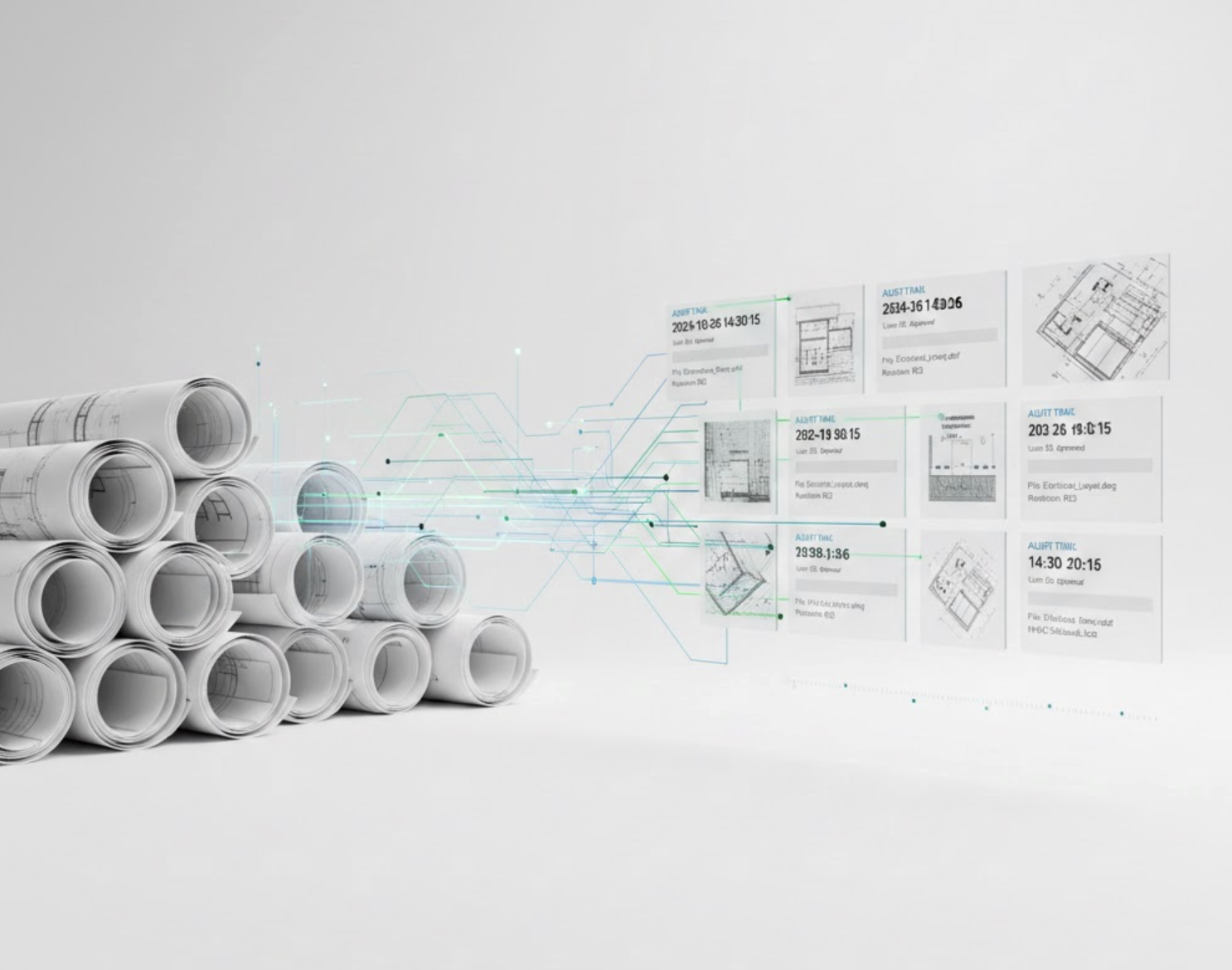From Contract Negotiation to Payment Milestones: One Unified Flow
Effective construction project management software must seamlessly incorporate contract negotiation and milestone payments, ensuring all parties involved are aligned throughout the project lifecycle. This comprehensive guide dives into the crucial components of these phases, best practices for structuring milestones, and use cases across various industries. Additionally, we’ll showcase how Zepth, an AI-driven construction management platform, enhances this unified process.
Contract Negotiation
The foundation of any successful project begins with contract negotiation. This phase involves drawing up a project contract that covers the scope, objectives, and terms governing the relationship between parties. Here are key considerations during the contract negotiation stage:
Initial Stages
During initial discussions, it is important to define the project’s scope, objectives, responsibilities of all parties, timeline, and budget. Effective negotiation lays the groundwork for a cooperative work environment.
Clear Communication
Effective communication is vital in ensuring that no misunderstandings arise throughout the project. All terms, including payment structures, must be clearly articulated and agreed upon by all stakeholders. This sets the tone for a transparent relationship, paving the way for strong project management practices.
Structuring Milestone Payments
Milestone payments act as a powerful tool within the construction financial management domain. These partial payments are tied to the successful completion of specific project phases or deliverables. They aim to provide necessary cash flow for the performer while also offering insight into project progress.
Definition and Purpose
Milestone payments are typically structured around significant project phases, emphasizing the need for precise planning and execution. Best practices for creating a flexible yet effective milestone payment system include:
Best Practices for Structuring Milestone Payments
- Define Clear Milestones: Clearly outlined milestones should be specific, measurable, and time-bound to reduce disputes. Include necessary deliverables, respective dates, required documents, and quality standards.
- Determine Payment Percentages: Establish fair compensation by allocating appropriate percentages for each milestone. The initial payment should typically cover project startup costs, with concluding payments tied to overall project completion.
- Include Milestone Acceptance Criteria: Each milestone must have clear criteria ensuring payments are only released upon satisfying expectations. This fosters accountability and delivers quality assurance.
- Specify Payment Terms: Articulate payment timings and methods, ensuring all parties agree on how transactions will occur, typically via bank transfer post-approval.
- Address Change Requests and Revisions: Outline protocols for managing changes that may impact predefined milestones, including potential requests for revised milestones and additional payments.
- Include a Dispute Resolution Clause: Develop a strategy for resolving disagreements, whether through mediation, arbitration, or consultation with third-party experts.
- Include a Termination Clause: Clearly define how completed milestones will be compensated in the event of project termination or cancellation.
Use Cases Across Industries
Implementing structured milestone payments varies across industries, each showcasing its utility:
Construction and Real Estate Development
In the construction sector, payments often occur once key phases, such as site prep, foundational work, or final inspections, are complete. This approach aligns cash flow with tangible progress.
Freelance Work
For freelance projects, common structures might include 30% upfront, followed by 30% at the first draft stage, with the final 40% contingent upon project completion. This incentivizes quality outputs while ensuring client satisfaction.
Software Development
Milestone payments for software projects could be orchestrated around deliverables such as design phases, prototype delivery, and user testing. This ensures developers receive timely payments while clients can track project advancement.
How Zepth Can Help
Utilizing a platform like Zepth can streamline the entire workflow from contract negotiation to milestone payment management. Here are a few ways Zepth enhances this process:
Unified Flow
Zepth offers a unified flow that simplifies contract negotiation and payment milestone processes. The platform provides essential tools for distinctly defining milestones and streamlining payment terms, ensuring smooth implementation.
Contract Management
With robust contract management features, Zepth allows users to structure well-defined milestone payment clauses, clarifying specifics about deliverables, payment schedules, and methods for review and approval.
Payment Management
The platform effectively facilitates timely payment processing according to defined milestones. This ensures transparency and accountability for all transactions conducted throughout the project.
Conclusion
Structuring milestone payments as part of contract negotiation is an invaluable technique for effective project management. By defining clear milestones, setting specific payment terms, and including necessary clauses for dispute resolution and project termination, all parties can maintain alignment and motivation. By leveraging Zepth’s platform, you can significantly enhance contract negotiation and milestone payment processes, delivering a project management experience that prioritizes efficiency and transparency. For a comprehensive overview of how Zepth can assist you in optimizing your contract negotiation and payment structures, visit our Why Zepth? page.




